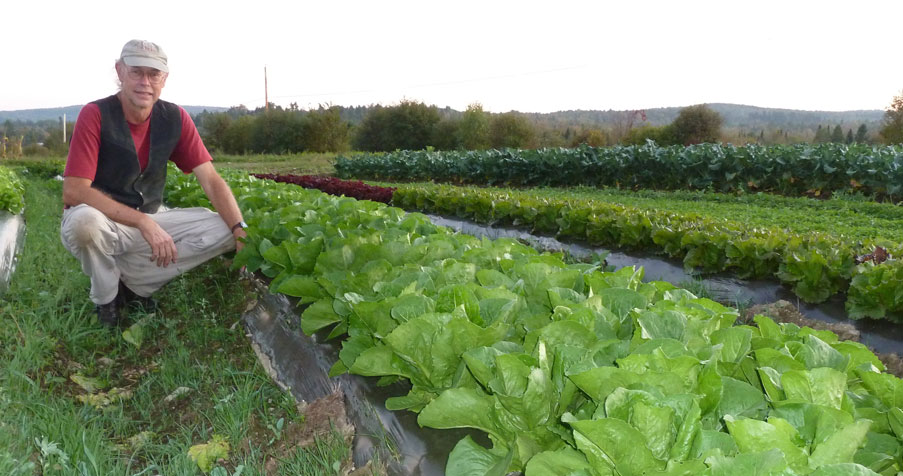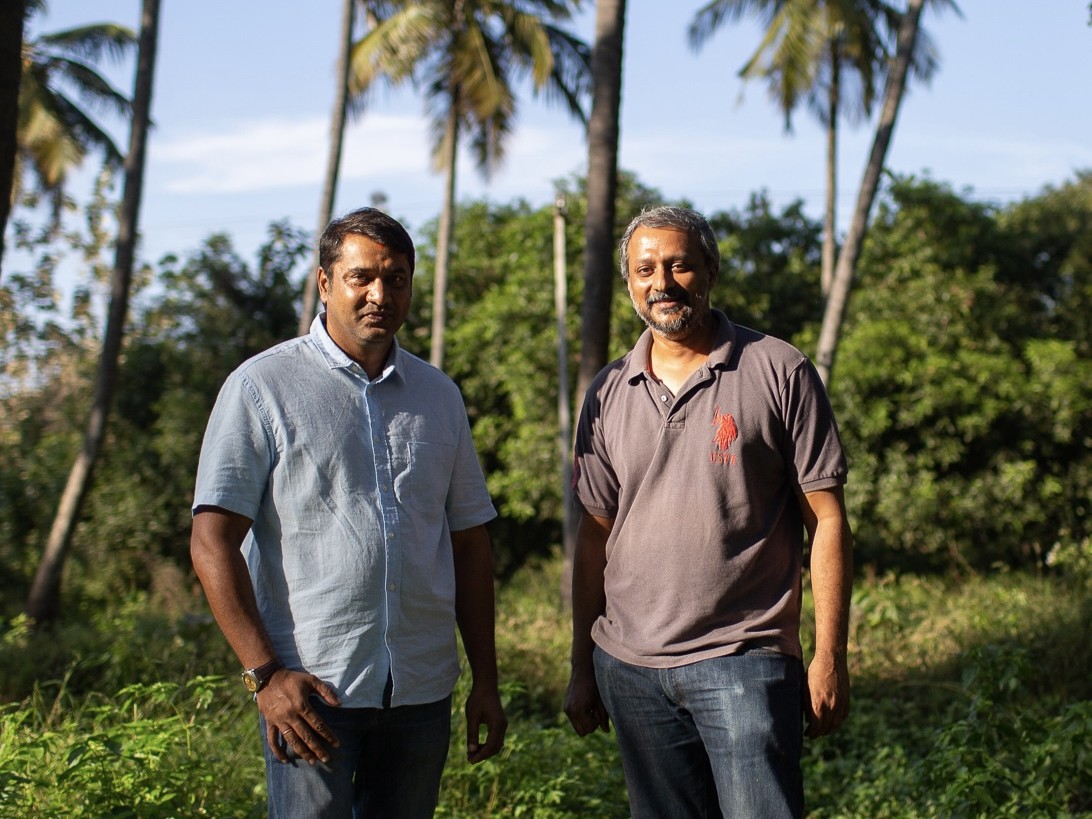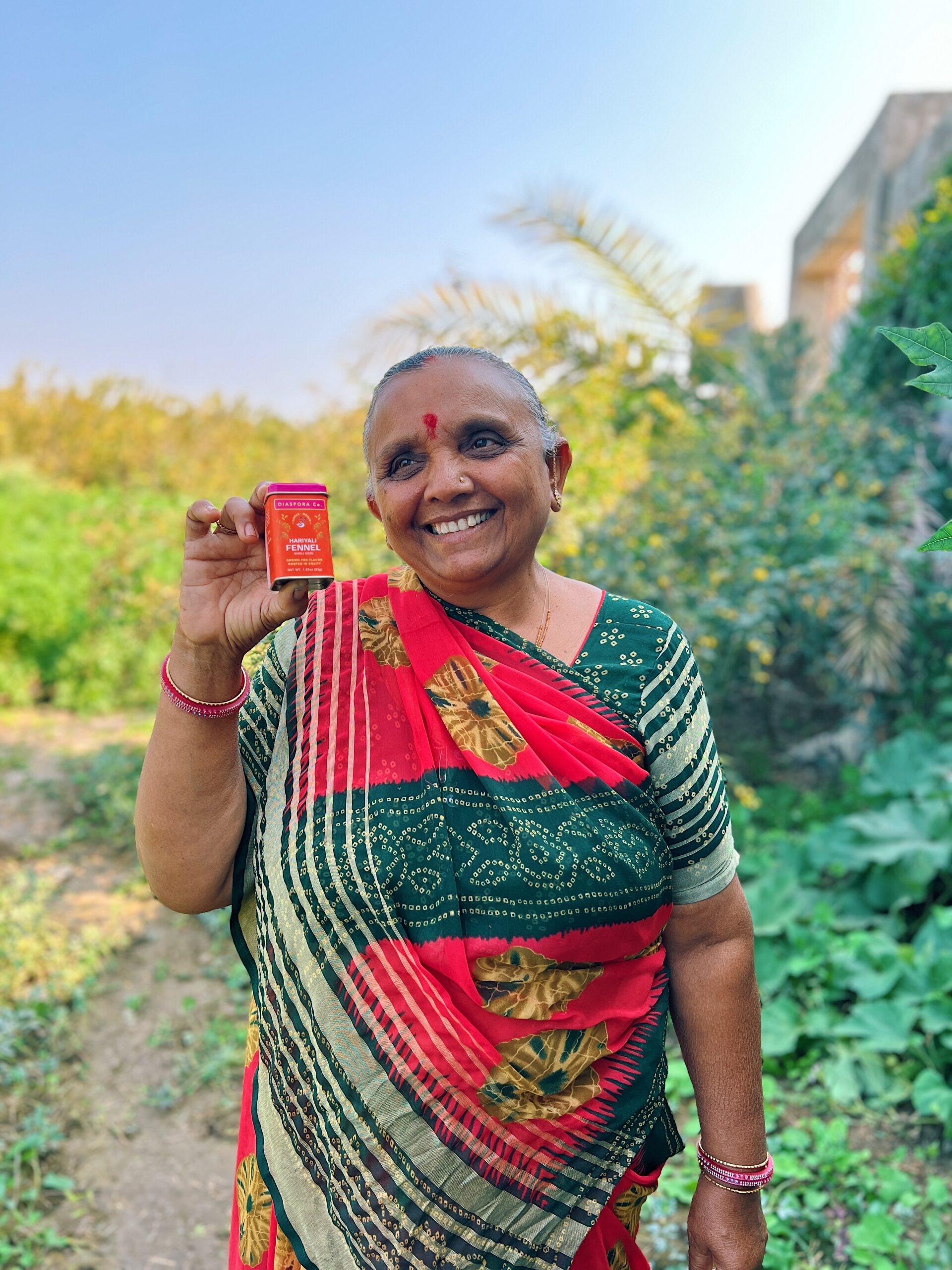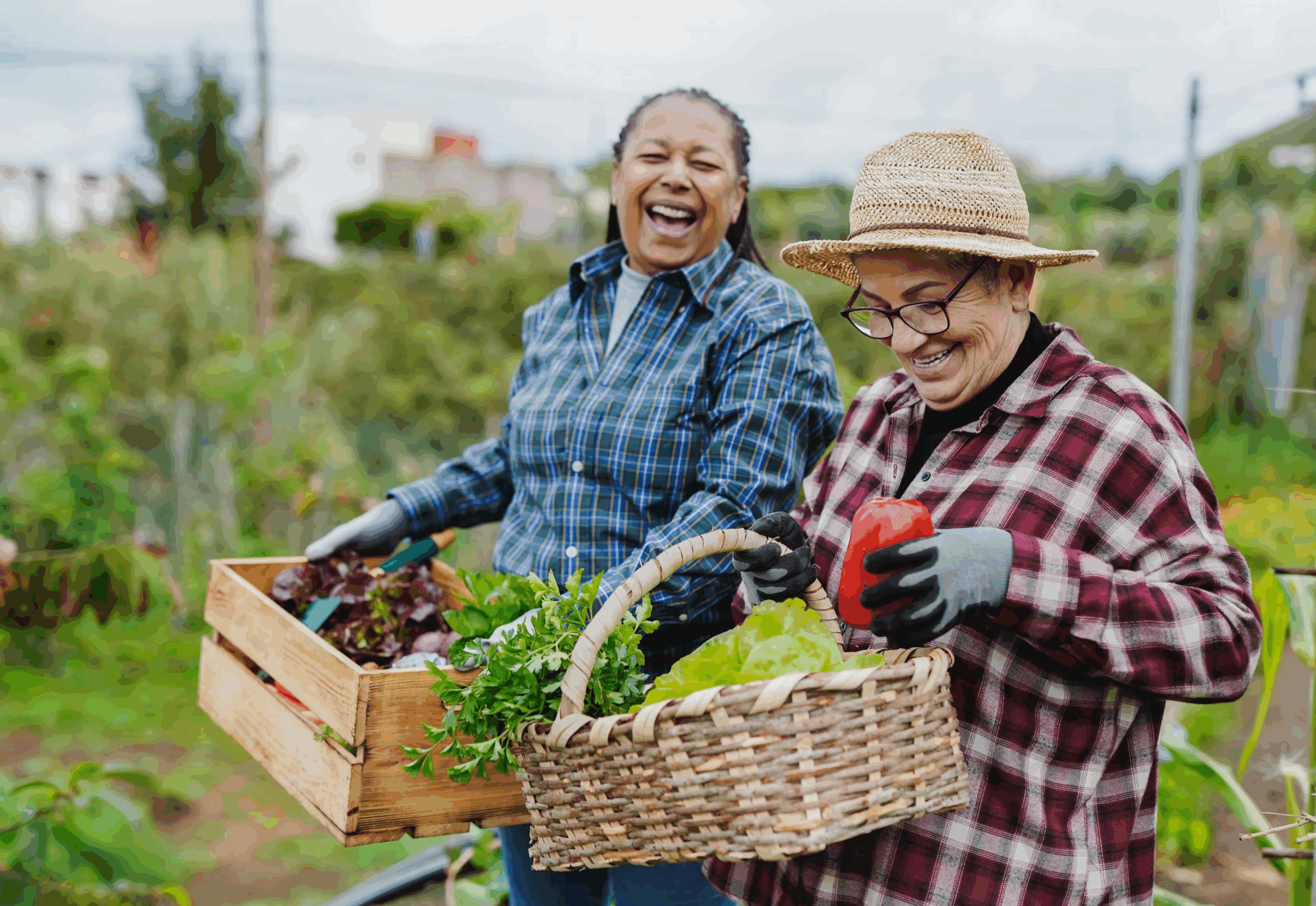Crown O’ Maine Organic Cooperative (COM) is the leading distributor of local organic products in Maine. Since 1995, this cooperative has distributed a wide selection of goods including fruits, vegetables, grains, beans, meat, seafood, and dairy to retail establishments, restaurants, and local buying clubs from more than 200 producers. RSF has provided loans to Crown O’ Maine from the Food System Transformation Fund and a grant from the Local Food Collaborative.
Crown O’ Maine (COM) was founded in 1995 from a remote farm in Northern Maine to get the area’s agricultural products to a broader audience. Maine had been conventional, large-scale potato farms, which were disappearing in the 1990s, and farmers were transitioning crops. The family’s second generation has run the business since 2008, and as a co-op, it finds solutions for farmers and help increase local food production and consumption and strengthen the food system.
Distribution is a misunderstood part of the food system in that it is highly specialized and geared toward large entities. COM offers a variety of services that are essential to maintain local product’s visibility. The co-op curates a catalog of goods, streamlines ordering and delivery, and performs unglamorous, but necessary, functions of a food system like food safety, inventory management, and bookkeeping. There are only a handful of distribution businesses that are still owned by Mainers, and COM is able to return profits to its worker-owners and investors.

The initial choice to become a cooperative wasn’t hard, but the staying power has been difficult and COM has made some conscious decisions to remain a worker co-op. The enterprise has 10 employees and seven of them are worker-owners.
COM received its first loan from RSF in 2011, and over the years, it has received additional loans for trucks and working capital. It has also received a technical assistance grant to help the company expand its staff to include a finance director and a grant to develop a cluster of producers in northern Maine who lack access to larger markets. Part of its mission is to build pathways to market for rural producers, especially in traditionally agricultural areas where it can invest in rebuilding Maine’s food system.
Part of its mission is to build pathways to market for rural producers, especially in traditionally agricultural areas where it can invest in rebuilding Maine’s food system.
Currently, the enterprise’s goals are to become profitable and to grow its year-round sales programs. Maine is highly seasonal: the year-round population is 1.2 million and grows to 8 million in summer, which coincides with the growing season. COM wants to build out year-round opportunities to its core customers, which will allow the company to expand profitably throughout the year. As part of its efforts to restructure its finances for future sustainability, the company is launching a new co-brand called 50 Small, which will list the name of the farm. This is an opportunity for COM producers to work together so that they can open wider markets for their farms, including outside of Maine.
To help COM reach these goals, the enterprise is raising capital through the sale of Class B shares (modeled by Equal Exchange) to fund these initiatives and help it move into the future sustainably, add equity to strengthen the co-op since it will take time for these programs to demonstrate profitability. These shares are great for a socially motivated investor: COM’s job is not to make investors a ton of money; its job is to make producers more profitable and sustainable.


